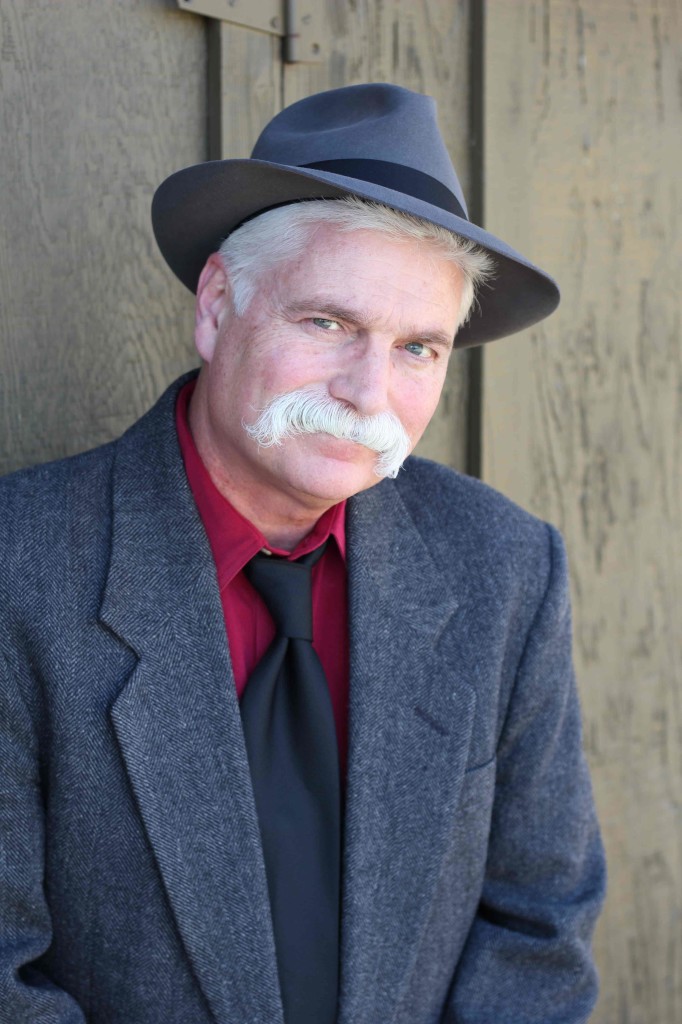Cope like a Champion!

Into every life some stress must come! Things go wrong. Disappointment happens. Setbacks occur. Relationships get rocky. Conflicts pop up. Plans get derailed. Progress gets stopped. We make a mistake. Work gets undone. It’s going to happen.
When those things happen, it creates stress or anxiety. When we feel stress or anxiety, we must cope with it. And everyone has their own coping style. Our coping style is simply the behaviors we engage in when we feel the stress created by the problem we’re facing. Our choice of coping styles (Yes, we have a choice.) makes a HUGE difference in our lives. Most of the time, however, we don’t choose. We tend to revert to our “default” setting without thinking about it. That can be good or bad, depending on what our default setting is.
It’s also true that most people employ a mix of coping styles at any time in their lives, and over time our style tends to evolve and change. 
Two Kinds of Coping Styles
Volumes have been written on the subject of coping styles, and it’s not practical to review them all here, but they can be summarized into two main types: Active and Avoidant. Understanding them is easy.
Active Coping Style
When people with an active coping style encounter a problem that causes them stress or anxiety, they tend to seek information about the problem, learn new skills, and acquire new materials, tools and assistance necessary to eliminate or overcome the problem.
Avoidant Coping Style
When people with an avoidant coping style encounter a situation that causes stress or anxiety, their approach is to diminish or eliminate the anxiety caused by the problem. Lots of time that means abuse of drugs or alcohol, throwing themselves obsessively into a hobby, or some addictive behavior like gambling in order to distract themselves from the anxiety caused by the problem. Possibilities here are endless.
In a Nutshell…
Active coping seeks to diminish the problem that is causing the anxiety.
Avoidant coping seeks to diminish the anxiety caused by the problem.
Quality of Life
If you’ve reached this point in the blog, you may have already arrived at the obvious implications that coping styles hold for our lives. Successful, influential, high-performing, well-adjusted and happy people all tend to have an Active Coping Style.
I love the words of folksinger Joan Baez: “Action is the antidote for despair.”
Click here for a complete catalog of my blog posts with a brief description of their content.

